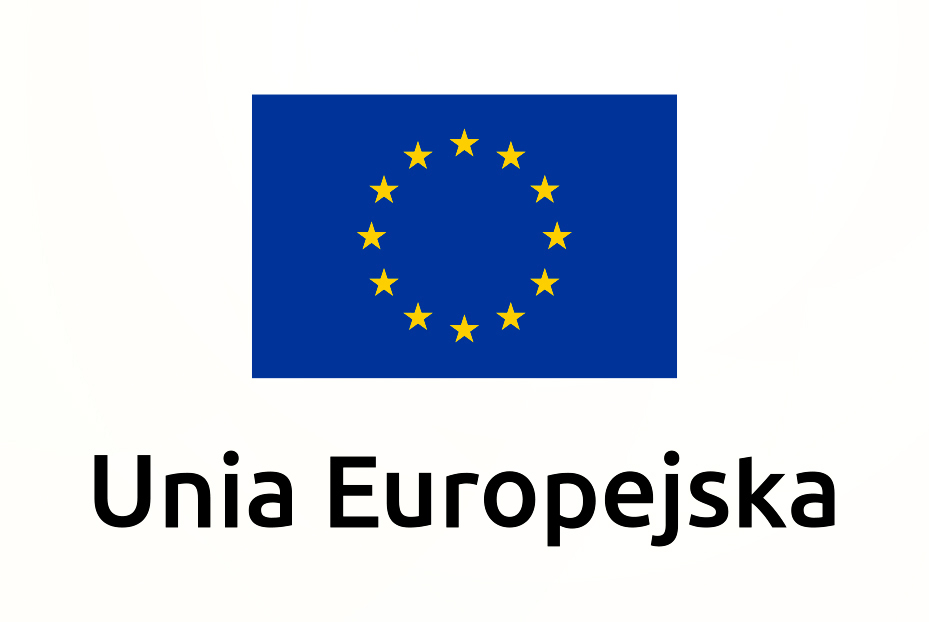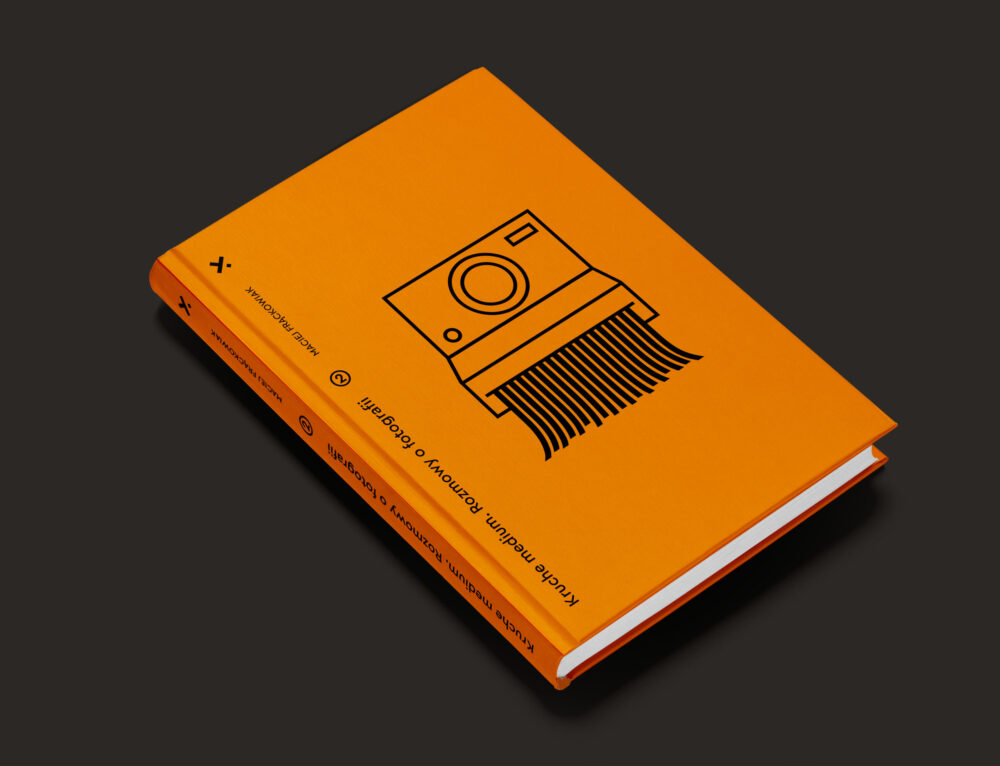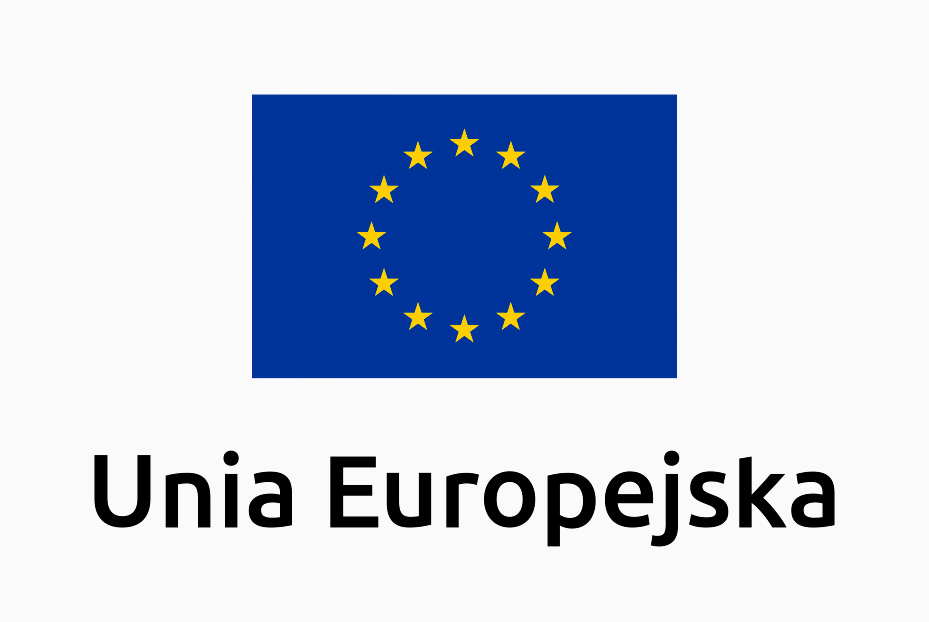Press, flash, crack, photo. Gesture, process. Word. Victory, defeat. Preservation, forgetting.
We offer you the second part of Kruche medium [The Fragile Medium] - conversations about photography. Ten interviews, measured in thousands of words, take us into the world of the medium, which - apparently - mechanically tries to record more or less objective reality. Is this the case? Will we have look at a few photographs and read their authors' biographies? No, we will not. Because there are no pictures here. There are words. There is a description of artistic and animation gestures. We delve into the process, which photography undoubtedly is, and get an insight into related activities. We deal with successes, experience failures, and harbour doubts about the essence of the medium. Finally, a fundamental question arises: what is photography and is it able to change our reality? Does it perpetrate or does it sometimes forget?
Maciej Frąckowiak’s questions are answered by: Tomasz Rakowski, Iwona Kurz, Agnieszka Chlebowska and Robert Ogurkis, Agnieszka Czerwińska, Zbigniew Libera, Maciej Herman, Witold Krassowski, Jerzy Kośnik, Paweł Kula, and Marek Grygiel.
Adrian Wykrota
Let’s talk about photography…
Frąckowiak's interlocutors are practitioners of activities related to the medium of photography. They include artists, photo-reporters, studio photographers, animators, and theoreticians. The first and most important problem that the author poses to his interlocutors is the question of whether it is possible to change social reality and whether the tool of such a change can be the art of photography. We are all photographers. Most of us no longer have autonomous cameras, but we take and publish dozens, if not hundreds, of photographs every day. Almost every aspect of our life is made public by the compulsively manic activity of recording "images of the passing world" on the screen of a cell phone and showing them to our closer or more distant friends. Is it therefore possible to answer questions about the ability of photography to effect change without paying attention to the fact that it is sinking in the deluge of photographic images today? Isn't it the case that if everyone is a photographer, then photography understood as art, as a vocation, as a profession has ceased to exist? What determines that photography is still, despite everything, a living medium, arousing emotions, involving in interaction and common action? Is it just a narcissistic reflex of relishing one's own images, or the potential of new ideas and opportunities searched for by ever new active practitioners, working at the crossroads of art, technology, journalism, and social projects?
Marek Wasilewski
What’s with photography?
There are at least six basic forms of transformation of the world through photography, differentiated by the way in which the photographic image is incorporated into social life. The first one is the very activity of taking photographs, an important social ritual which can perform therapeutic functions, but also simply intensify one's experience and trigger specific behaviour, as sports cameras do. The world is moreover transformed by the very collection of photographs, especially those we neither want to see nor delete. Just look at the growing number of innovations that automate the process of downloading or organizing photos. Thinks also about how much electricity is absorbed by servers filled with photos, whose digital life is supported by fans cooling hard disks in huge rooms. Surely, photography transforms also through the popularization of images that offer specific knowledge, arouse curiosity, condense attention, popularize images, but also make visible what is usually pushed beyond the horizon of perception. There are also images whose role in the era of popularity of social media is basically limited to cultivating extensive social networks, mobilizing communities in order to increase the reach and value of a brand. In everyday life it is easy to overlook such a form of photographic activity which consists in discussing photographs or photography itself, and consequently in strengthening in the course of these conversations the understanding of key categories of social order, such as privacy or authorship. Finally, photography can also be a part of change when the above conversations result in legal or moral regulations, such as those related to zones without selfies or drone routes.
Maciej Frąckowiak
moderator: Marek Wasilewski
paticipants: Maciej Frąckowiak, Marek Grygiel, Jerzy Kośnik, Marianna Michałowska, Adrian Wykrota
publisher: Fundacja PIX.HOUSE
co-publisher: Galeria Miejska Arsenał w Poznaniu


